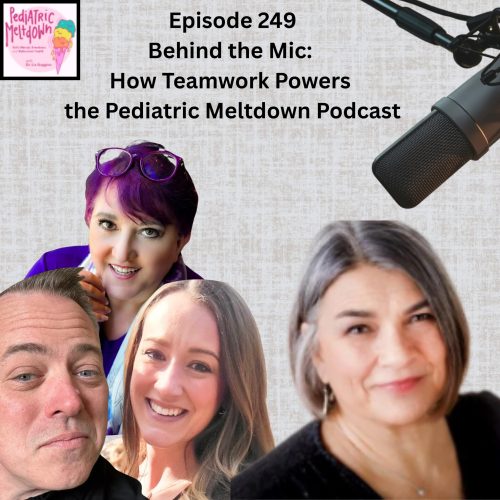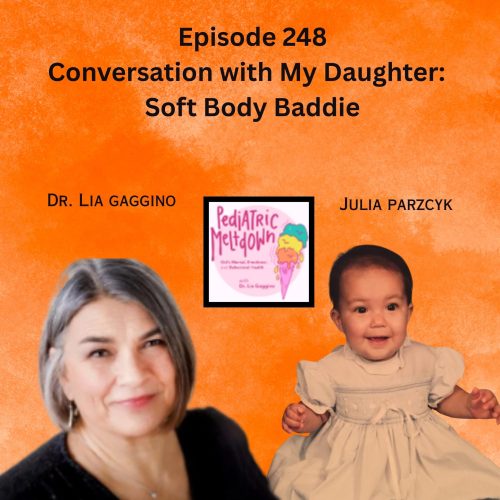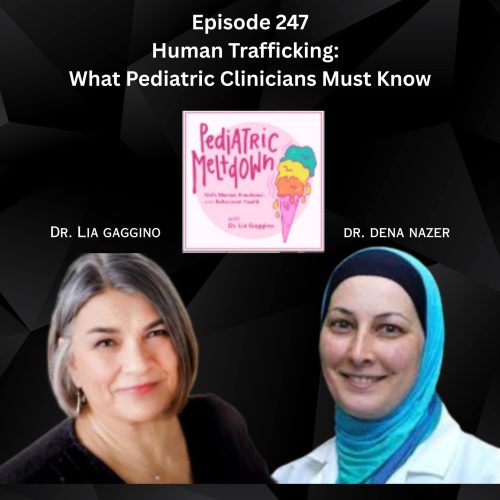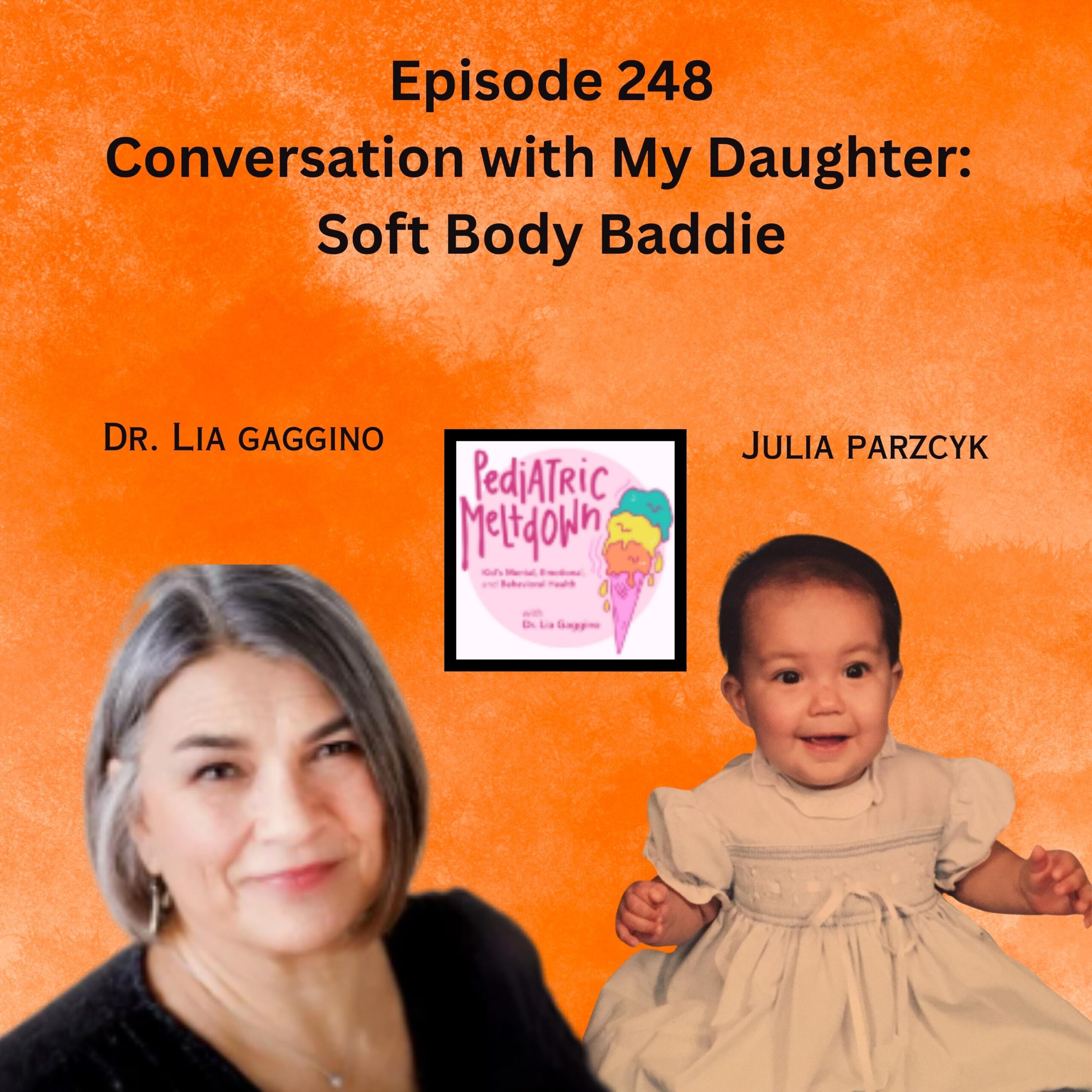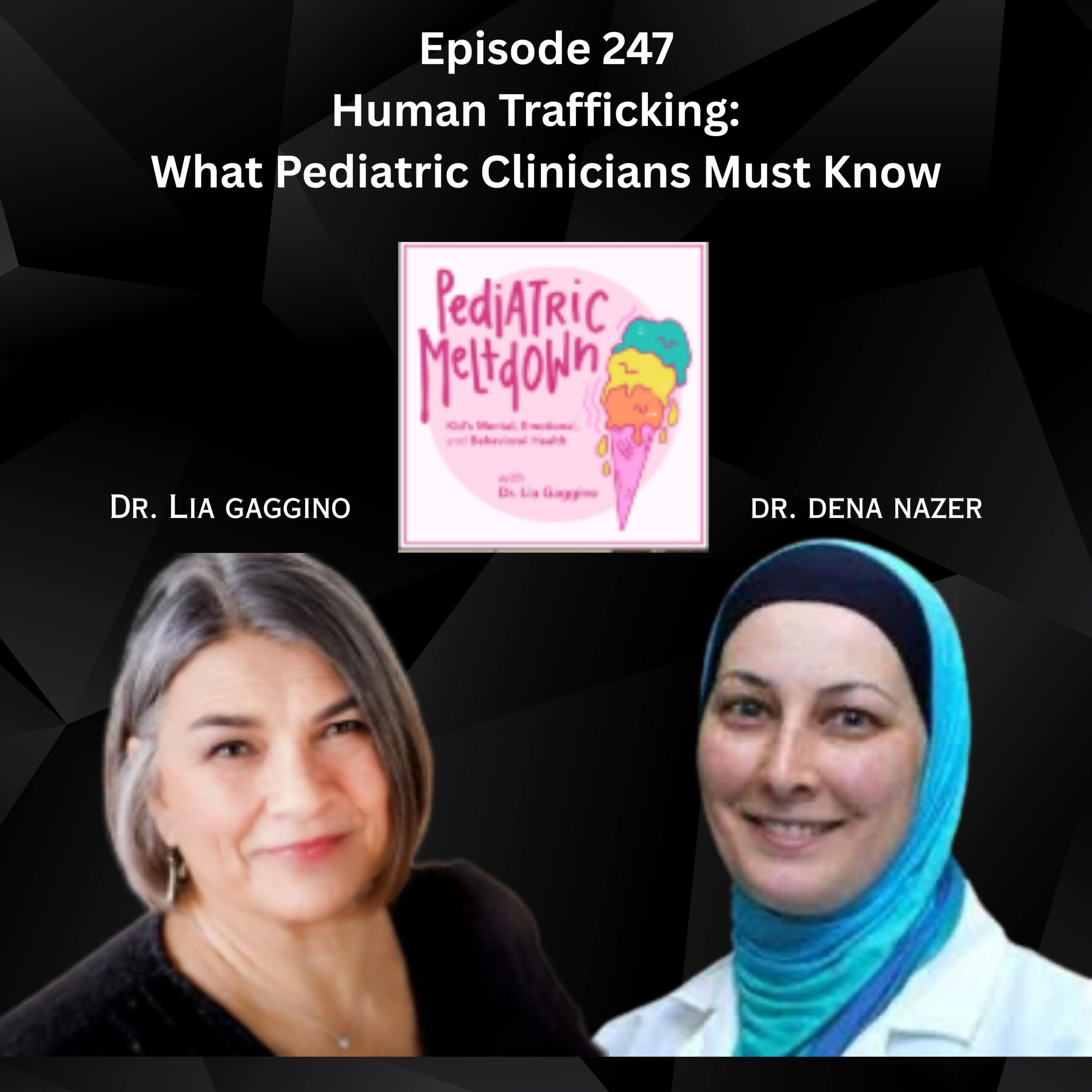Dr. Sheryl Ryan is Professor of Pediatrics, Chief of the Division of Adolescent Medicine, and Director of Outpatient Adolescent Clinical Services at the Penn State Health Hershey Medical Center. She is a pediatrician who is board certified in both Adolescent Medicine and Addiction Medicine.
Currently, she is focusing her research on the education of both school personnel and pediatricians in rural areas of Pennsylvania around screening and intervention for youth using alcohol and other substances – through a federally funded Project ECHO grant. She is also currently funded through an NIH HRSA grant to train addiction medicine fellows at Penn State, and increase the capacity of primary care and behavioral health care providers to treat individuals with substance use disorders.
As a board-certified specialist in adolescent medicine, Dr Ryan also continues to be clinically very active in providing both outpatient and inpatient care to adolescents and young adults with complex medical and mental health issues.
[00:01] Opening Segment
- Why Dr. Sheryl Ryan became interested in pursuing a career in pediatrics
- How did Sheryl realize that she could apply her pediatric skills to substance use?
[06:09] Current Data About Substance Use Among Kids
- Substance use among kids has declined over the past years
- Sheryl shares some data
- The importance of asking the right questions to determine substance use
- Screening tools that Sheryl suggests for at-risk kids and adolescents
[16:43] The Impact of Legalizing Marijuana Use
- She shares her thoughts about making marijuana use legal
- The relation of substance use on an adolescent’s brain development
- The long-term effects of substance use among kids that doctors found out
[26:47] Influence of Parents on Their Kids
- Sheryl talks about the Cannabis use disorder
- Parents using substances or drinking alcohol have major influences on their kids
- Sheryl explains
- Don’t miss our interesting conversation about vaping
[36:50] Possible Interventions and Patient’s Consent
- The role of pediatricians in dealing with substance use among kids
- Listen to Sheryl’s insights
- The different interventions that pediatricians can utilize to address substance use
- Asking for consent from the patient regarding possible interventions is a must
- Here’s why
[46:02] Legislative Measures to Deal With Substance Use
- How to navigate this tricky situation of telling parents about their kids’ substance use
- The legislative measures being put into place to deal with substance use among kids
- Sheryl has an important message for her resident self, which you should not miss!
[56:30] Closing Segment
- Final takeaways
- Huge appreciation for Sheryl for joining us today
- Substance use has dropped since the 1990s
- Early use of substances may lead to a higher risk of substance use disorder and addiction
- The short-term effects of legalizing marijuana use
- There’s still so much to learn about the effects of substance use among kids and teens
- Cases of accidental ingestion of THC are increasing
- Safety measures available to patients
- Effects of cannabinoids on an adolescent’s brain development
- Possible long-term effects of substance use among kids
- What cute cannabinoid intoxication among teens may look like
- The results of the Adolescent Brain Cognitive Development Study
- Cannabinoid addiction is a threat that should be taken seriously
- Why advocate for safety measures against substance use
- Role of parents in substance use among their kids
- The right questions to ask kids
- The Effectiveness of the Screening, Brief Intervention, and Referral to Treatment
- Suggested screening tools to use
- What does Brief Intervention look like?
- Telling parents about their kids’ substance use
- Looking for available resources in your states
- Kids deserve to know the risks of substance use
- Resources provided by the American Academy of Pediatrics
- Never underestimate your power to instill change
Key Quotes:
“There’s an inverse relationship between perceptions of risk and use. The less risky [a substance] is viewed as the more likely that youngster or that adolescent is more likely to use [that].” – Dr. Sheryl Ryan
“What your intervention might need to be is to get that young person to agree to be seen for a more diagnostic evaluation, or to agree even to consider being admitted to a program.” – Dr. Sheryl Ryan
Resources mentioned:
- Pediatric Meltdown episode on alcohol use: Alcohol Use By Kids: How to Ask. How to Help
- American Academy of Pediatrics resources
- The Impact of Marijuana Policies on Youth: Clinical, Research, and Legal Update
- Counseling Parents and Teens and Marijuana Use in the Era of Legalization of Marijuana
- Calculating the Real Costs of the Opioid Crisis
- Modern Conundrum for the Pediatrician: The Safety of Breast Milk and the Cannabis-Using Mother
- Marijuana Use During Pregnancy and Breastfeeding: Implications for Neonatal and Childhood Outcomes.
- Alcohol Use by Youth
- Unintended but Hardly Unexpected Consequences of Cannabis Legalization
- The CRAFFT Interview (version 2.0)
Email Sheryl at sryan4@pennstatehealth.psu.edu and visit https://www.pennstatehealth.org to know more about her work. You can also check out their Twitter page @PennStateGME
THANK YOU FOR YOUR SUPPORT!
Pediatric Meltdown was listed as a Top 20 Pediatric Podcast on FeedSpot.
If you’d like to connect with me, you can find me on LinkedIn, Facebook, Instagram, and Twitter or email me at gagginol@medicalbhs.com or gagginol@yahoo.com. To learn more about me visit https://www.medicalbhs.com/
LOVE WHAT YOU HEARD? Leave us a 5-star review so we can continue to provide you with great content. Share this episode and help people know more about children’s health and well-being.



